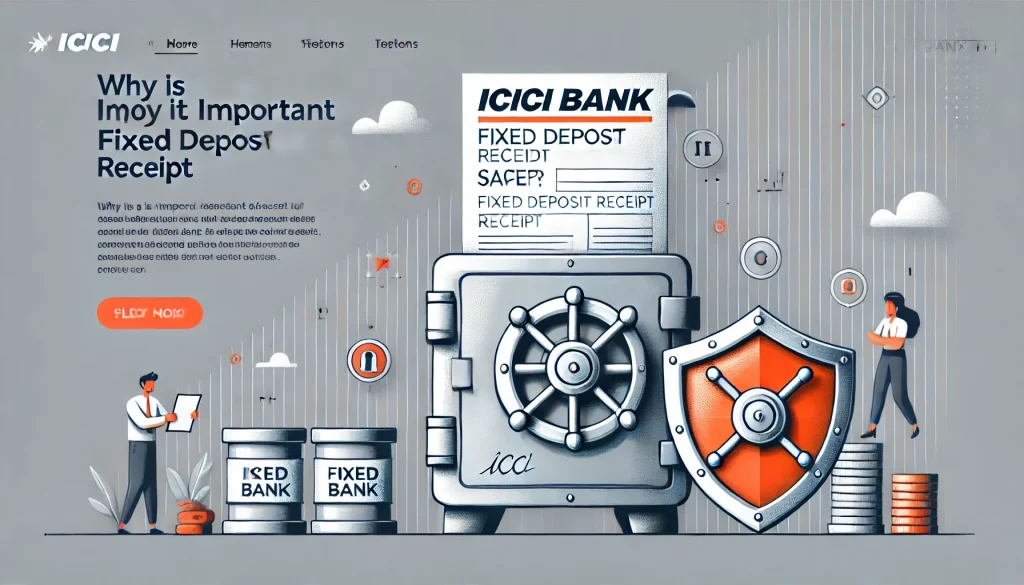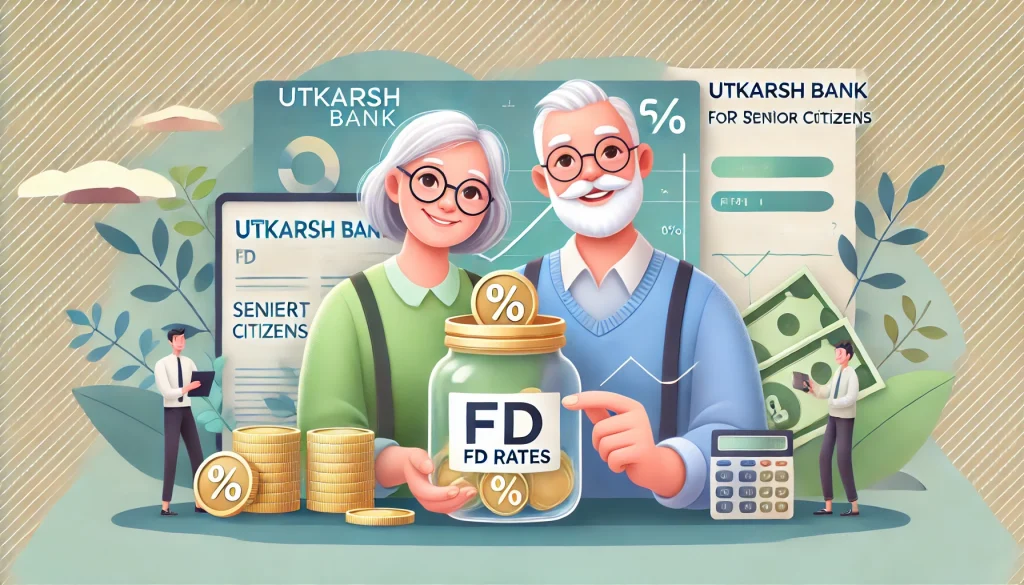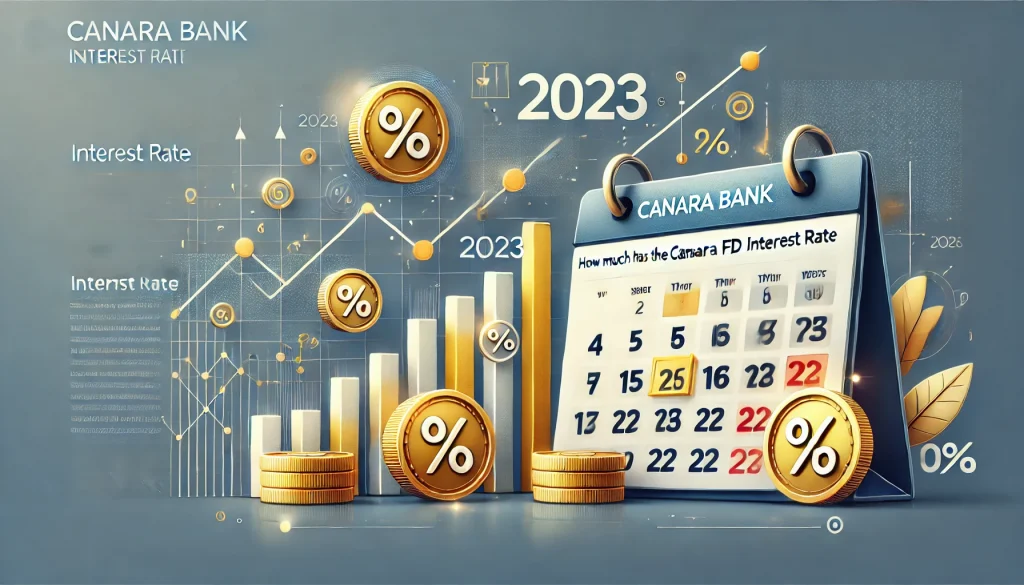
How FD works in 2024 : Fixed Deposits (FDs) are one of the most popular and secure investment options available to individuals. They are low-risk, provide assured returns, and offer a wide range of tenures to suit different financial goals. In this blog, we will understand how fixed deposits work and delve into the mechanics of fixed deposits and explore the benefits they offer as a means of wealth accumulation.
How Do Fixed Deposits Work?
A Fixed Deposit is a financial instrument offered by banks and financial institutions. It allows investors to deposit a specific sum of money for a predetermined period at a fixed interest rate.
The amount deposited, the interest rate, and the tenure are all agreed upon at the time of opening the FD.
1. Opening an FD Account
To open a Fixed Deposit account, an individual needs to visit the bank or financial institution where they hold an account. Alternatively, many banks offer the convenience of opening FDs through their online banking platforms. The applicant needs to fill out a form, provide necessary identification and address proof, and deposit the desired amount.
2. Fixed Tenure
Fixed Deposits come with a predetermined tenure, ranging from a few months to several years. During this period, the investor cannot withdraw the funds without incurring a penalty. However, some banks do offer premature withdrawal options with reduced interest rates.
3. Fixed Interest Rates
One of the key advantages of FDs is the fixed interest rate. The interest rate remains constant throughout the entire tenure of the deposit, shielding the investor from market fluctuations. This fixed return is especially appealing to risk-averse investors.
4. Interest Payouts
The interest earned on Fixed Deposits can be paid out in different ways, depending on the investor’s preference. Some may choose to receive the interest periodically, say monthly or quarterly, while others may prefer to have it compounded and paid along with the principal at maturity.
5. Tax Implications
The interest earned on Fixed Deposits is subject to taxation as per the prevailing income tax laws of the country. Investors need to be aware of the tax liability and plan their investments accordingly.
Benefits of Investing in an FD
Fixed Deposits offer numerous benefits, making them an attractive investment option for various individuals. Some of the advantages include:
1. Safety and Security
FDs are considered a safe and secure investment since they are not affected by market fluctuations or economic conditions. The principal amount is safeguarded, and the fixed interest ensures predictable returns.
2. Guaranteed Returns
The fixed interest rate provides investors with a guaranteed return on their investment, making it an ideal choice for those seeking steady and predictable income.
3. Liquidity
While FDs have a fixed tenure, they are relatively liquid as banks offer premature withdrawal options. However, it is essential to be aware of the penalty charges and reduced interest rates for premature withdrawals.
4. Diversification of Portfolio
FDs could be valuable to an investor’s portfolio as fixed deposits offer stability and reduce overall portfolio risk.
5. Loans Against FDs
In times of financial emergencies, individuals can avail of loans against their Fixed Deposits without breaking the deposit, offering a convenient source of credit.
Conclusion
Fixed Deposits are a time-tested investment option that provides safety, security, and predictable returns. They are ideal for risk-averse individuals who seek a stable means of growing their wealth. By understanding how fixed deposits work and their benefits, investors can make informed decisions and include them in their overall financial planning.
FAQs
The minimum amount required to open an FD varies from one bank to another. Depending on the bank’s policies, it can range from a few thousand to several lakhs.
Yes, premature withdrawal of FD is possible but may attract penalty charges and reduced interest rates.
Yes, the interest earned on FDs is subject to taxation as per the applicable income tax laws.
Yes, many banks offer the facility of availing loans against FDs without breaking the deposit.
Yes, you can open multiple Fixed Deposits in the same bank with different tenures and interest rates.
Disclaimer
This article is solely for educational purposes. Stable Money doesn't take any responsibility for the information or claims made in the blog.


